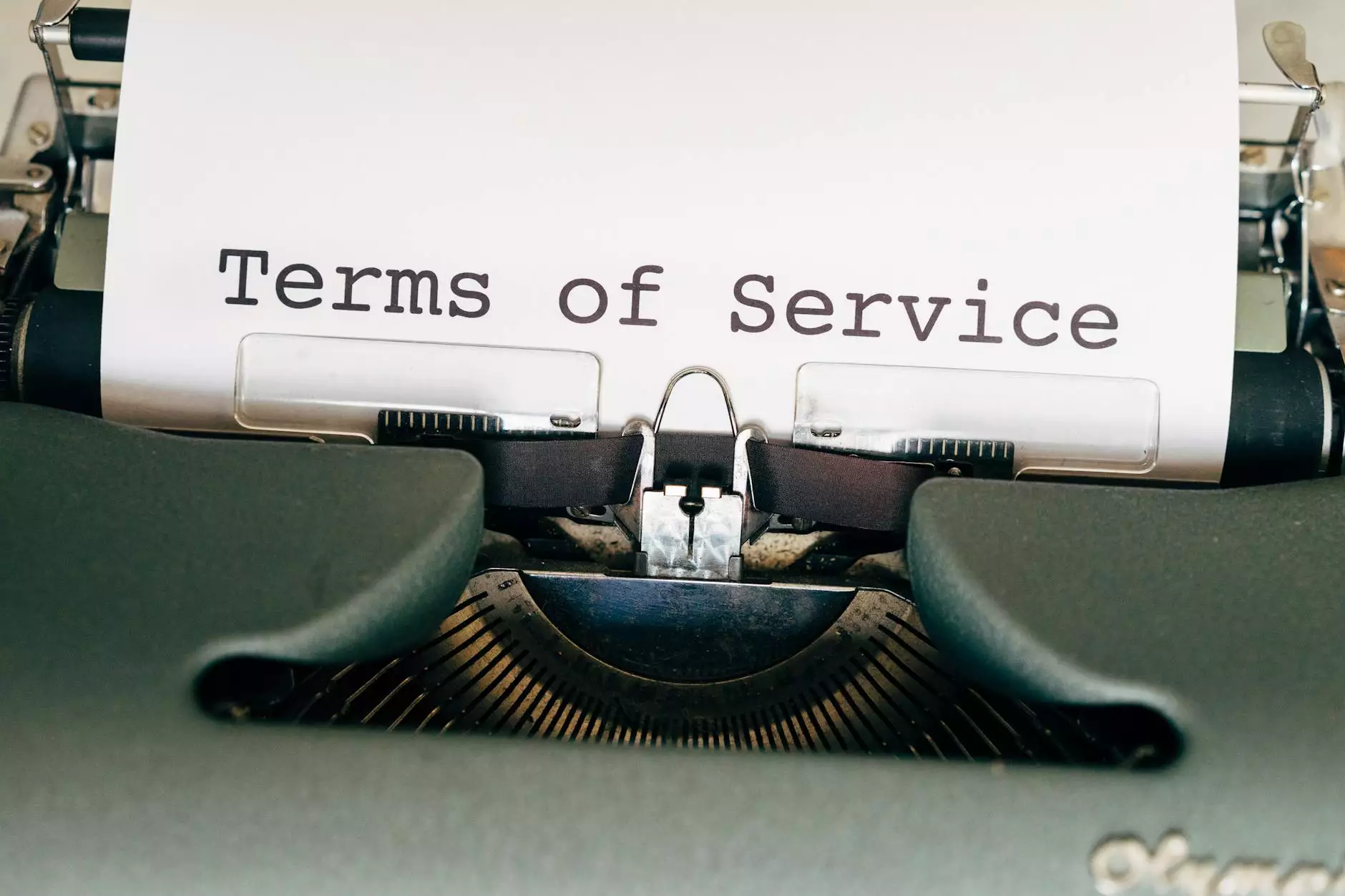How Means-Goals Improve Your Relationship

The Importance of Means-Goals Analysis in Relationships
Building and maintaining a healthy, fulfilling relationship takes effort, understanding, and effective communication. Means-goals analysis is a powerful tool that can contribute significantly to improving your relationship by helping you understand each other's needs and desires.
Understanding Means and Goals
In relationships, means refer to the actions, behaviors, or strategies used to achieve specific goals. Goals, on the other hand, represent the desired outcomes or results that individuals seek in their relationship.
By conducting a means-goals analysis, you and your partner gain insight into the different strategies you employ and the ultimate goals you wish to achieve within your relationship.
Enhancing Communication and Mutual Understanding
Open and honest communication plays a pivotal role in any successful relationship. Means-goals analysis helps facilitate communication by encouraging partners to express their preferred means of achieving shared goals.
This analysis enables you to better understand each other's perspectives, preferences, and unique ways of approaching common objectives. By acknowledging and respecting these differences, you can foster a supportive and inclusive environment for growth.
Resolving Conflicts and Strengthening Bonds
Conflicts are inevitable in any relationship, but how you manage and resolve them is essential for long-term satisfaction. Means-goals analysis can be instrumental in resolving conflicts by identifying the underlying goals that both partners seek.
When conflicts arise, understanding the goals you both share can help you find mutually beneficial solutions and compromises. It encourages a focus on the bigger picture and strengthens the bond between you and your partner.
Strategies to Implement Means-Goals Analysis
1. Open and Honest Communication
Start by engaging in open and honest conversations about your individual goals and preferred means of achieving them. Actively listen to each other and strive to understand one another's perspectives.
2. Identify Shared Goals
Brainstorm and identify the goals you both share within the relationship. These goals can range from building trust and intimacy to achieving personal and professional growth together.
3. Reflect on Means Used
Take time to reflect on the means you and your partner use to achieve these shared goals. Consider the strengths and limitations of each approach and discuss how they align or conflict with your partner's preferred means.
4. Seek Compromise
In cases where your means significantly differ, strive to find common ground and seek compromises that allow both partners to feel heard and valued. Remember, relationships thrive through collaboration and flexibility.
5. Regularly Review and Revise
Implementation of means-goals analysis is an ongoing process. Regularly review and revise your goals and means together, adapting them as your relationship evolves and grows.
By continuously reevaluating and refining your approach, you can ensure that your relationship remains dynamic and aligned with your shared vision for the future.
Conclusion
Means-goals analysis is a powerful tool for strengthening and improving your relationship, fostering effective communication, resolving conflicts, and aligning your strategies for shared goals. By implementing these strategies and techniques, you can create a thriving, fulfilling, and long-lasting partnership.










